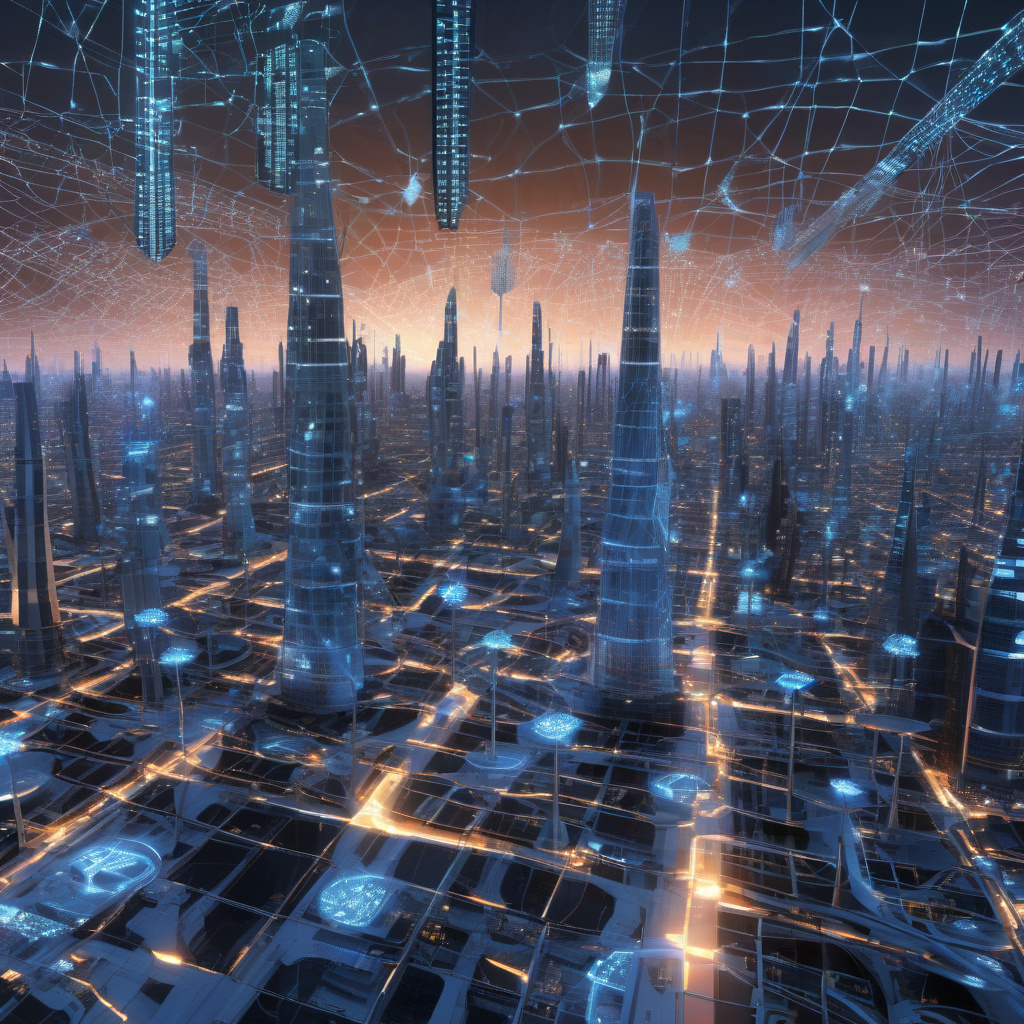Escalating Cyberthreats in the Global Energy Sector: What You Need to Know
The digital landscape is becoming increasingly treacherous for the global energy sector, with a recent report from Resecurity shedding light on the escalating cyberthreats facing energy infrastructure worldwide. This latest research underscores a concerning trend: a surge in cyberattacks orchestrated by a diverse array of threat actors, including nation-states, ransomware groups, and hacktivists.
Resecurity’s report serves as a wake-up call to the energy industry, highlighting the urgent need for enhanced cybersecurity measures to safeguard critical infrastructure. The findings reveal a complex and evolving threat landscape, where malicious actors are exploiting vulnerabilities for financial gain, political motives, and ideological reasons.
One of the most significant threats identified in the report is the involvement of nation-state actors in cyberattacks against energy targets. These sophisticated adversaries leverage advanced tools and tactics to infiltrate networks, disrupt operations, and steal sensitive information. By targeting energy infrastructure, nation-states can achieve strategic goals, exert influence, or gain a competitive advantage in the geopolitical arena.
In addition to nation-states, ransomware groups pose a significant threat to the global energy sector. These cybercriminals use ransomware to encrypt critical data and demand payment in exchange for decryption keys, effectively holding organizations hostage. A successful ransomware attack can result in significant financial losses, operational downtime, and reputational damage for energy companies.
Furthermore, the report highlights the role of hacktivist groups in targeting energy infrastructure for ideological reasons. These actors seek to promote their beliefs, protest against specific policies or practices, or raise awareness about environmental issues. While hacktivist attacks may not always have financial motivations, they can still cause disruption and chaos for energy organizations.
To defend against these escalating cyberthreats, energy companies must prioritize cybersecurity and adopt a proactive approach to risk management. This includes implementing robust security measures such as network segmentation, multi-factor authentication, encryption, and regular security assessments. Additionally, investing in employee training and awareness programs can help strengthen the human firewall and reduce the risk of successful cyberattacks.
Collaboration and information sharing within the energy sector are also crucial for enhancing cyber resilience. By participating in threat intelligence sharing initiatives, industry partnerships, and cybersecurity forums, organizations can stay informed about emerging threats and best practices for mitigation. Building a strong cybersecurity community can bolster collective defense efforts and help mitigate the impact of cyber incidents.
In conclusion, the findings of Resecurity’s latest report underscore the pressing need for heightened cybersecurity measures in the global energy sector. As cyber threats continue to evolve and escalate, energy companies must remain vigilant, proactive, and prepared to defend against a wide range of threat actors. By investing in cybersecurity capabilities, fostering a culture of security awareness, and promoting industry collaboration, the energy sector can strengthen its cyber defenses and mitigate the risk of cyberattacks.
cybersecurity, energy sector, Resecurity, ransomware, hacktivist
